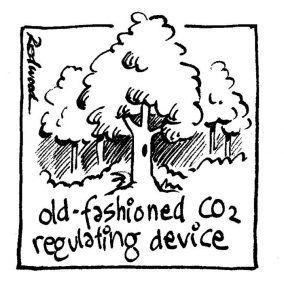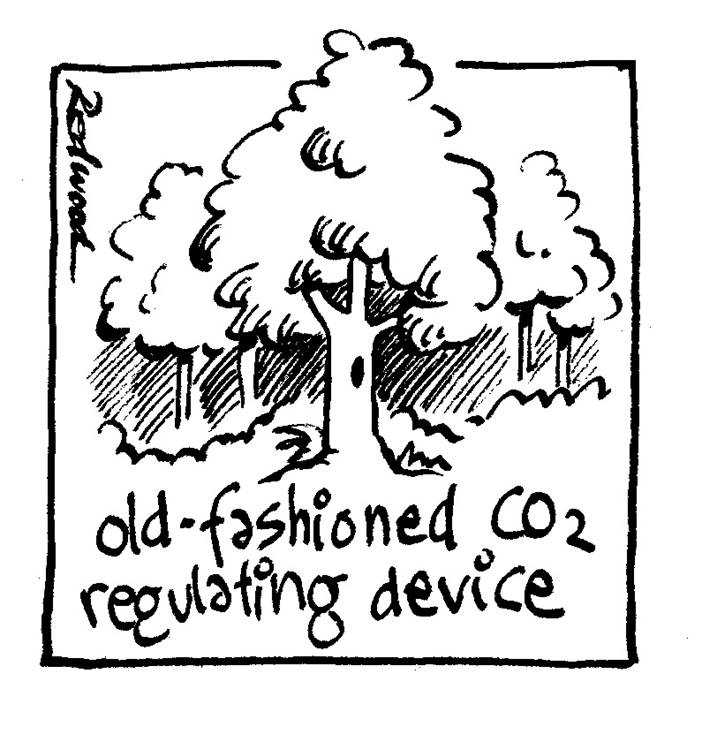Go For It Pedro!
As Spanish President Pedro Sánchez spoke in the High Level Segment, ECO heard in his words the difficulties facing several world leaders. He felt unable to offer new commitments, and played it safe; only mentioning a part of his government’s ambition programme. Uncertainties of all kinds (intensified in Spain by the alarming rise of the extreme right as a political force in the elections in Andalucía, traditionally a socialist stronghold) make the job of leading an ambitious climate transformation doubly difficult. His minority socialist government faces other headwinds — playing ‘catch-up’ after years of conservative inaction; difficulties over the 2019 budget; opposition from the influential car lobby to proposals on diesel taxation and on banning the sale of polluting vehicles by 2040; the difficult relationship with the left-green ‘Unidos Podemos’ alliance; and the shadow of the far right looming over May’s municipal, regional, and EU elections.
ECO sends strength, hope and courage to Sánchez and his team for their climate ambition, energy transition, just transition and ecological transition agendas. Greater dialogue and participation, strong leadership towards political consensus, and setting aside political differences on key issues, are three elements which ECO will watch with interest in the future, as we look forward here in Katowice to the arrival of his Minister and veteran COP negotiator, Teresa Ribera.
... Read more ...




